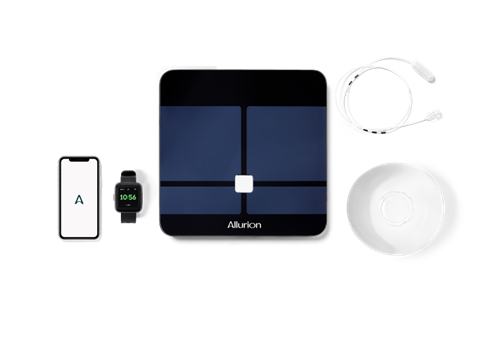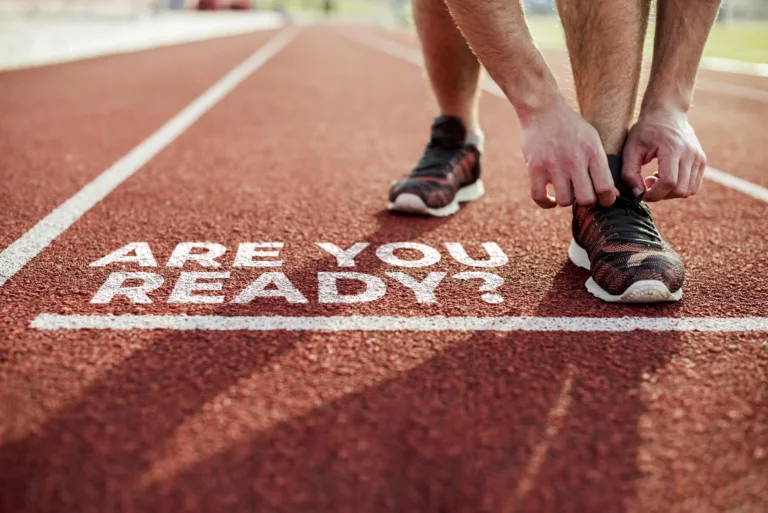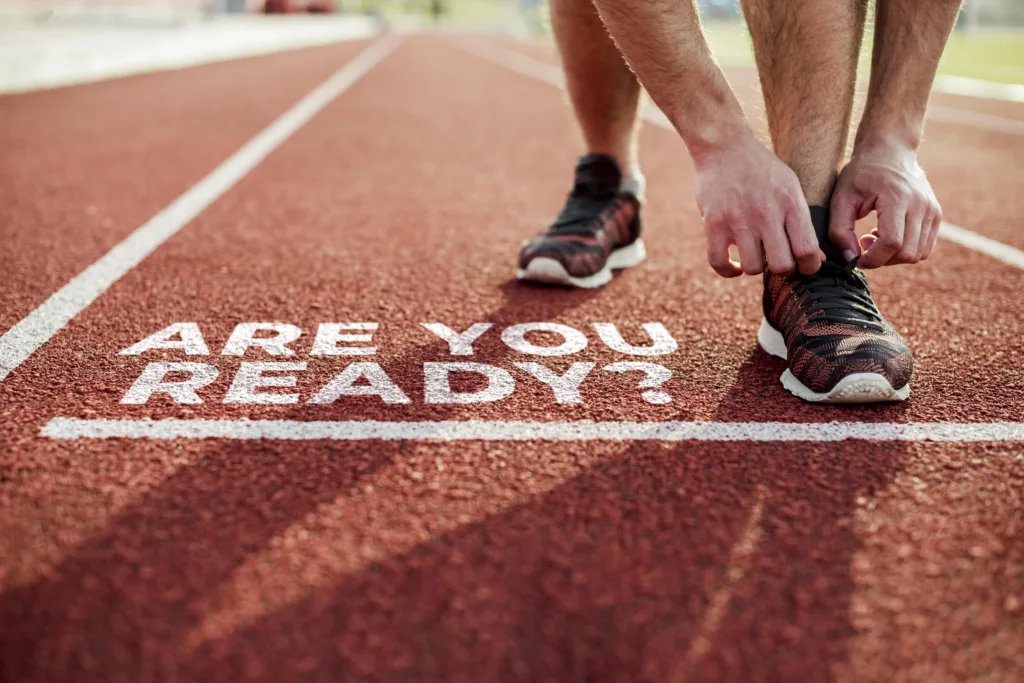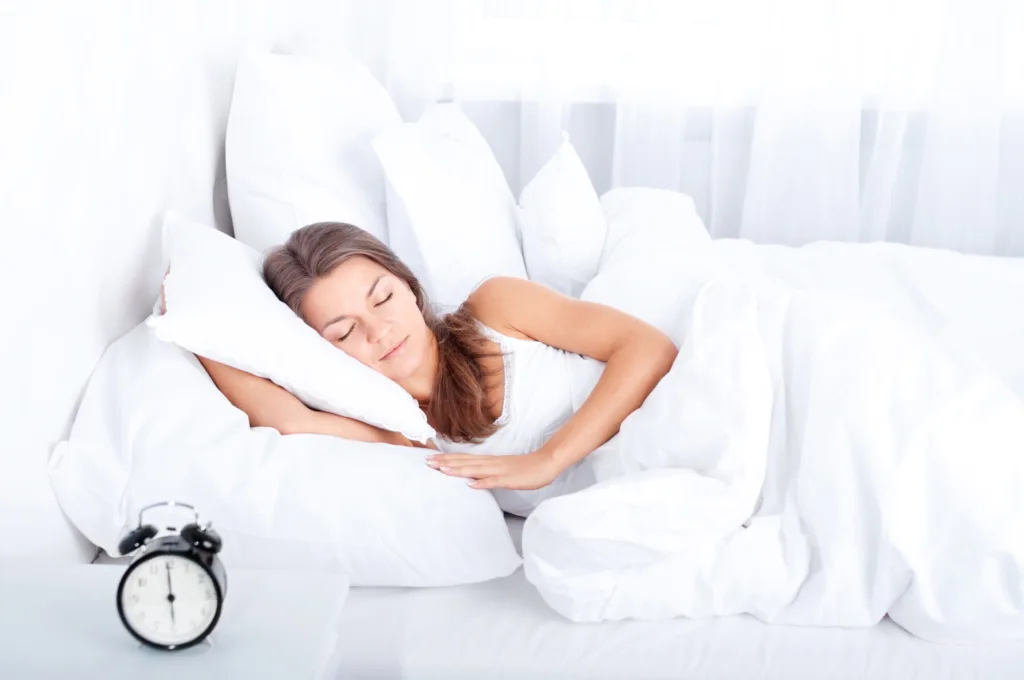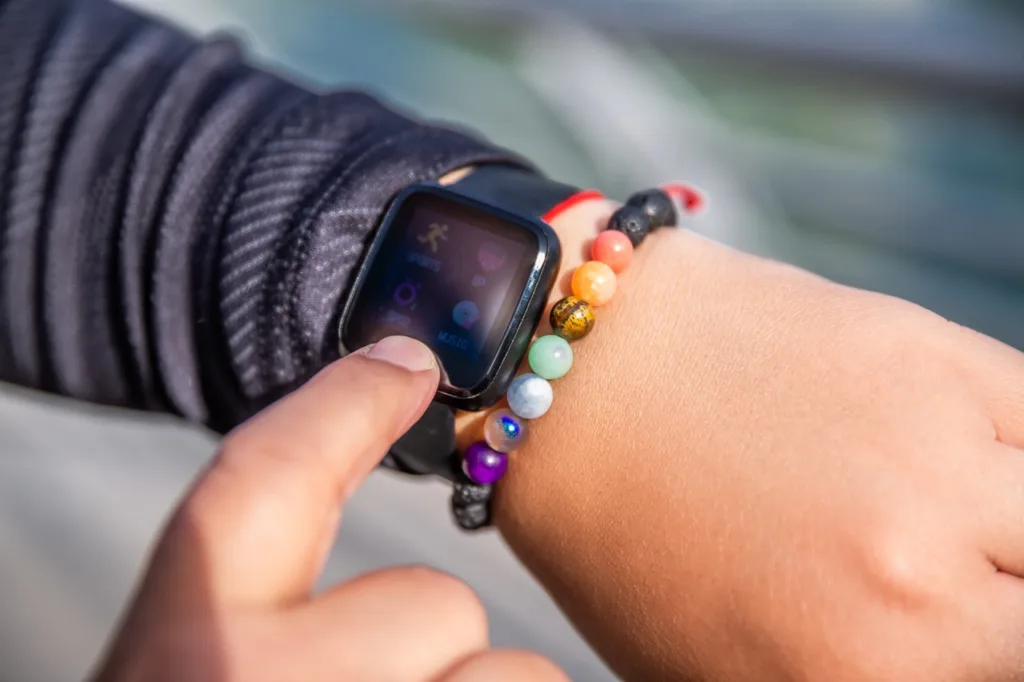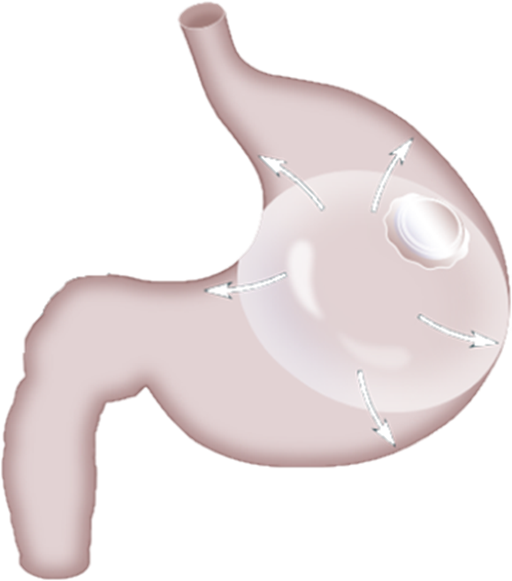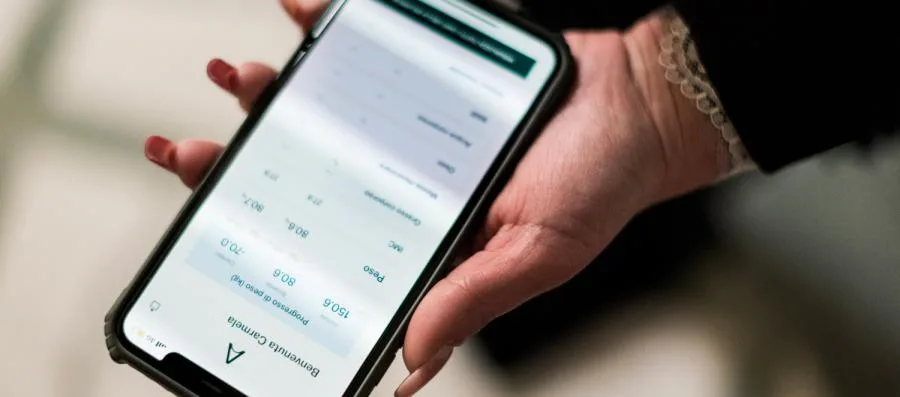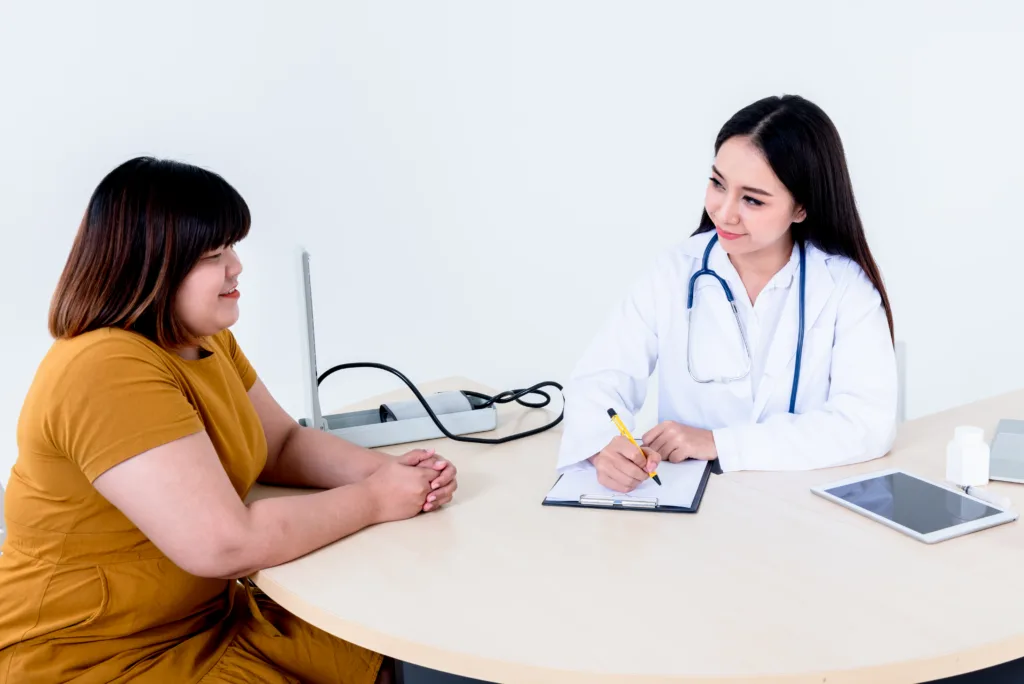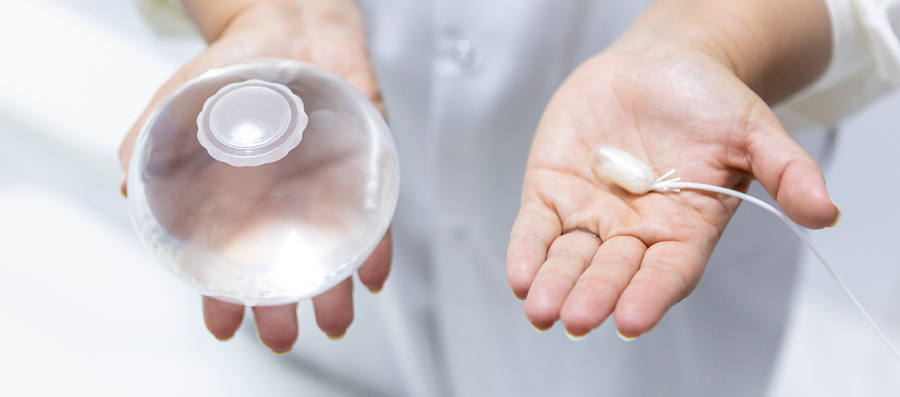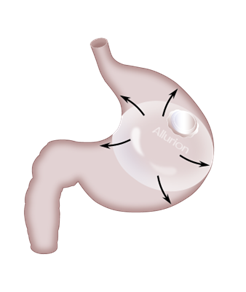Allurion Programme For Weight-Loss
It is widely known that even a small weight loss (starting at 5% of initial weight) greatly benefits the health of overweight or obese individuals. It can lower the risk of developing type 2 diabetes and enhance the health and blood sugar management in those already diagnosed with the condition .
What is the new data from Allurion?
The Allurion Programme has achieved a significant milestone by clinically proving its effectiveness in treating individuals with type 2 diabetes and prediabetes, leading to disease remission (where blood sugar levels fall below the diabetic range).
This innovative approach, which involves a gastric balloon pill that can be swallowed effortlessly, provides healthcare professionals with a new option to support their patients with diabetes and prediabetes. The groundbreaking data supporting this program has undergone peer review and has been published. It was also chosen by a panel of experts for presentation at The Obesity Society (TOS) Obesity Week 2021.
What were the main results from the clinical study?
The published data reveals that the Allurion Gastric Balloon Programme can effectively treat type 2 diabetes and prediabetes, leading to disease remission.
The clinical study involved 226 patients who followed the Allurion Programme for weight loss. All participants were initially diagnosed with either type 2 diabetes or prediabetes, indicating a high likelihood of developing type 2 diabetes in the future.
On average, patients lost 17.7kg (equivalent to 16.2% of their initial body weight) within 4 months.
Throughout the trial, researchers monitored the patients’ haemoglobin A1C (HbA1c) levels, which indicate blood sugar control (lower numbers indicating better health). At the beginning of the trial, all patients had unhealthy HbA1c levels, corresponding to a diagnosis of prediabetes or type 2 diabetes.
For patients with type 2 diabetes, their HbA1c levels improved from 7.0±0.6% to 5.5±1.1%. Similarly, for those with prediabetes, their HbA1c levels improved from 6.0±0.2% to 4.9±0.7%. These significant reductions in HbA1c resulted in complete disease remission for both groups within just 4 months, as their HbA1c levels reached the normal range observed in individuals without diabetes.
How does this compare with bariatric procedures?
Research conducted on individuals with obesity and type 2 diabetes who undergo bariatric surgery has shown that a weight loss of approximately 15kg can lead to remission of type 2 diabetes in the majority of cases. The chances of achieving remission are higher if the weight loss occurs closer to the time of diabetes diagnosis and is rapid.
The groundbreaking data on the Allurion Programme builds upon these studies, indicating that a lifestyle change program combined with the Allurion Balloon (previously known as the Elipse Balloon) can also provide substantial and transformative health benefits with clinical significance.
Maintaining healthy lifestyle changes and weight loss is vital to sustain these health benefits. Published evidence demonstrates that the Allurion Programme – a lifestyle change programme, digital tools and the temporary Allurion Balloon (formerly known as the Elipse Balloon) – delivers sustained weight loss, with up to 95% of the weight lost maintained by patients a year down the line. (Ref:2)
Why is this topic so important?
The prevalence of Type 2 diabetes and prediabetes is at an all-time high, with approximately 5 million people in the UK alone diagnosed with diabetes and nearly 14 million individuals at a high risk of developing the disease (prediabetes). Moreover, there are likely more undiagnosed cases, and these rates are continuously increasing.
The impact of this situation extends beyond the personal health and well-being burdens faced by individuals affected by complications such as amputations, vision loss, premature death, higher hospitalization rates, and increased likelihood of experiencing depression, among others. It also places significant financial strain on the NHS and other public services, accounting for about 10% of the total NHS budget.
There is an urgent need for scalable and effective treatment options. Weight management is recognized as a crucial therapeutic aspect for most individuals living with obesity and type 2 diabetes, highlighting the importance of having a range of effective weight management treatments available.
The health benefits associated with weight loss are noticeable even with a modest 5% reduction, and these benefits continue to increase with further weight loss. A weight loss of 7% can make a significant difference in preventing the development of type 2 diabetes. For individuals on the verge of diabetes, a weight loss of 7-8% can effectively bring them back from the brink.
These results will undoubtedly bring great satisfaction to the medical community, as they have the potential to significantly improve the health and well-being of their patients. It is crucial to acknowledge that obesity has far-reaching health implications, with over 200 possible complications affecting various organs and systems. Therefore, this weight loss will not only deliver individual health benefits but also contribute to overall health improvement and enhance quality of life.
What is the difference between type 1 and type 2 diabetes?
The provided data solely focuses on patients who are either at risk of or have been diagnosed with Type 2 diabetes.
Diabetes is categorized into two main types: type 1 and type 2. Although they share similar symptoms and potential complications, they are distinct diseases. Type 2 diabetes accounts for approximately 90% of all diabetes cases.
Type 1 diabetes is an autoimmune disorder characterized by the inability of the body to produce insulin, a hormone necessary for regulating blood sugar levels in the bloodstream and cells.
On the other hand, type 2 diabetes is a condition where the body produces insulin, but it does not respond to it in a normal manner.
For individuals with type 2 diabetes, the disease may develop gradually over several years. In fact, they may remain unaware of their condition until symptoms of complications arise. Uncontrolled and elevated blood sugar levels can lead to various short- and long-term health issues.
How can type 2 diabetes be prevented?
The risk of developing type 2 diabetes is influenced by various factors, some of which can be controlled while others cannot. Certain lifestyle choices and modifications have been proven to help prevent or delay the onset of type 2 diabetes and prediabetes. The first step is to assess your risk by taking Diabetes UK’s quick risk quiz.
Diet plays a significant role, and adopting a healthy and diverse eating plan is the most effective approach to prevent type 2 diabetes. This entails consuming ample fruits, vegetables, lean proteins, wholegrain carbohydrates, and healthy fats.
Physical activity is crucial, and according to the NHS, adults should aim for 150 minutes of moderate-intensity activity per week. This can be achieved by engaging in 30 minutes of exercise each day, five days a week.
Managing weight is a powerful strategy to lower the risk of type 2 diabetes. Striving to achieve and maintain a healthier weight is particularly important for individuals living with obesity and type 2 diabetes, as weight management is considered the foremost therapeutic measure.
Is a balloon as extreme as having a gastric band?
The Allurion Balloon is inserted by a doctor during a quick 15-minute consultation. Administered as an easy-to-swallow gastric balloon pill, it does not necessitate anesthesia, endoscopy, or surgery.
Offering an alternative to weight loss surgeries like the gastric band and gastric bypass, the Allurion Balloon (previously known as the Elipse Balloon) provides patients with additional options. While it is not intended to replace bariatric surgery, this temporary gastric balloon pill can serve as an early intervention or be utilized by individuals who prefer or are unable to undergo surgery.
Although bariatric surgery, which reduces stomach size, is highly effective, the anesthesia poses potential risks for individuals with obesity. Furthermore, those considering surgery must undergo extensive physical and psychological preparation. The procedure is costly, and there are long waiting lists in the UK.
The swallowable gastric balloon pill offered by Allurion can be used at an earlier stage or for those who opt out of surgery or are not suitable candidates. It is particularly beneficial for individuals seeking substantial weight loss, providing an alternative to weight management surgeries or for those who have found that diet and exercise alone are not effective.
Book a free consultation
Related Articles
Allurion Programme For Weight-Loss Read More »

